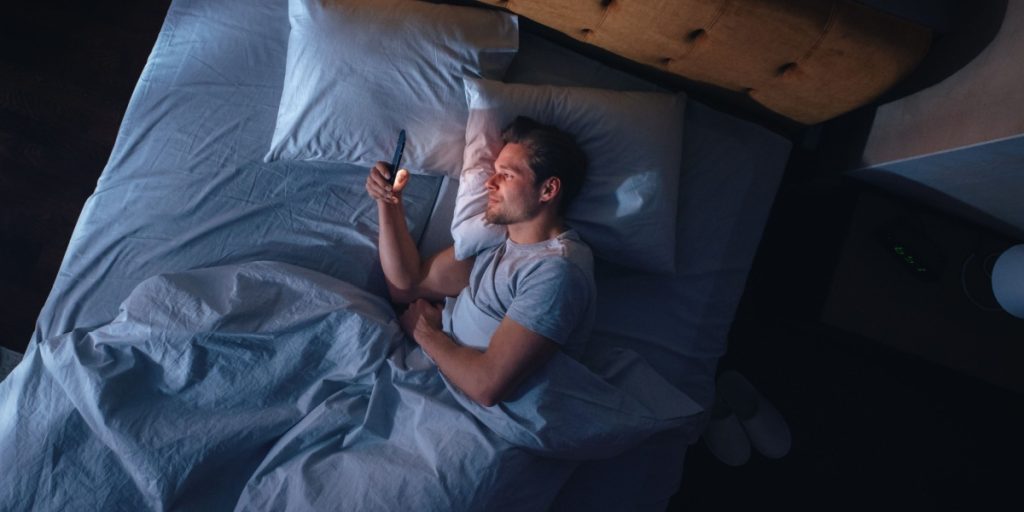Unlike past research that focused on single activities, this analysis compared several options side by side.
Others are reading now
Struggling with restless nights? New research shows you don’t need intense workouts to improve sleep.
A meta-analysis of 22 randomized clinical trials found that gentle, low-impact exercises can help people fall asleep faster and stay asleep longer.
What the Study Looked At

The trials reviewed 13 non-drug treatments for insomnia, from fitness routines to acupuncture, massage, and cognitive behavioral therapy.
Among them, three forms of exercise stood out: yoga, tai chi, and walking or jogging.
Why Exercise Matters for Sleep
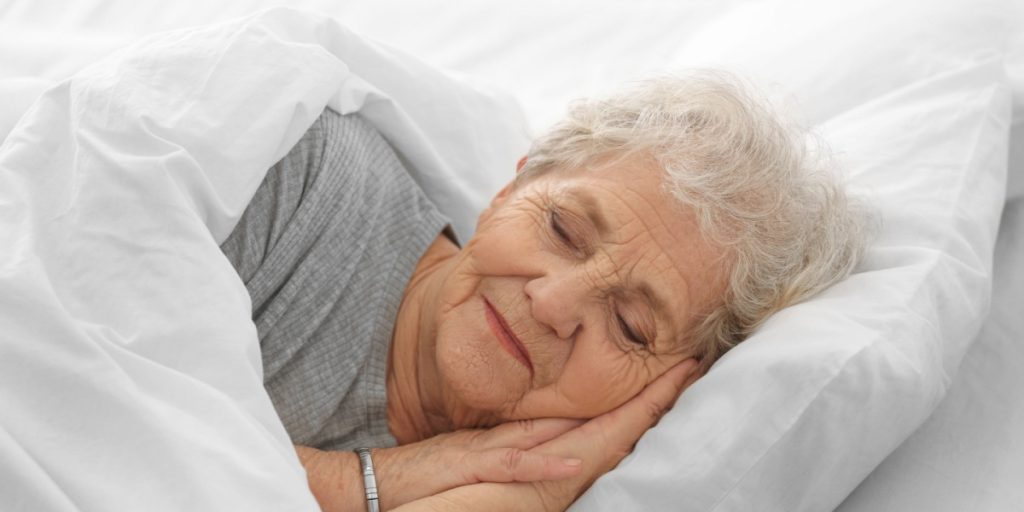
“Regular physical activity not only improves physical health, but also enhances sleep quality,” explained Zhi-jun Bu, the study’s lead author and a doctoral student at Nanjing University of Chinese Medicine.
Also read
Unlike past research that focused on single activities, this analysis compared several options side by side.
Understanding Insomnia
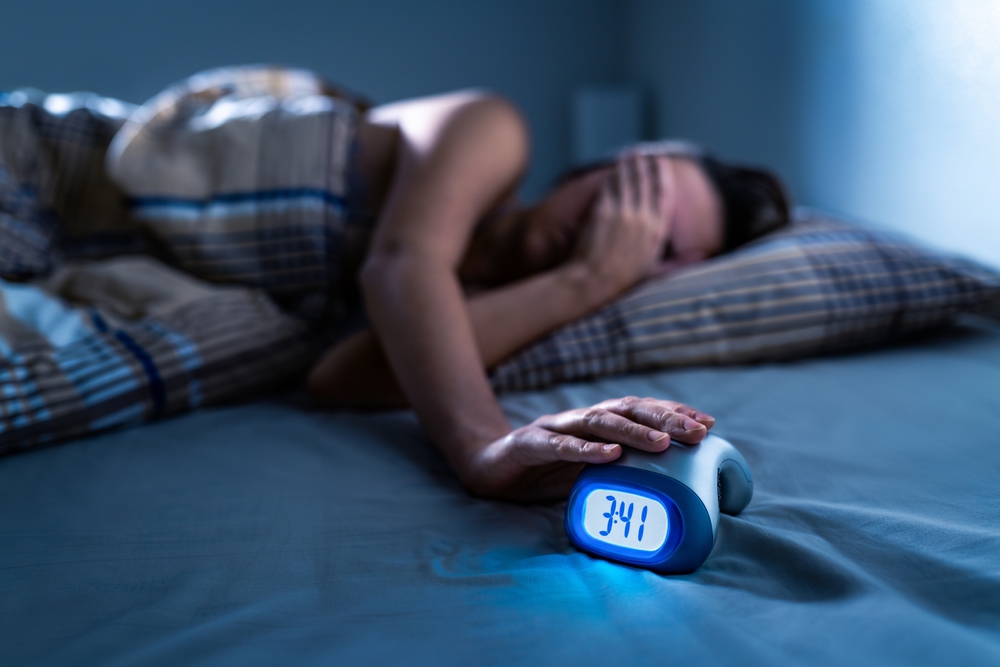
Insomnia affects millions worldwide. A 2020 CDC survey found that nearly 15% of adults struggled to fall asleep most nights.
Clinically, it’s diagnosed when someone has trouble falling asleep and experiences frequent disruptions at least three times a week. Causes range from stress and chronic pain to poor habits and other medical conditions.
The Role of Cognitive Behavioral Therapy

Cognitive behavioral therapy, or CBT, is often the first line of treatment. It helps patients reshape their thoughts and habits around sleep without delving into past trauma.
“We have very strong evidence that CBT can work just as good as medication, and it can last longer,” said Dr. Shalini Paruthi of St. Louis University.
Also read
Exercise Isn’t the First-Line Treatment—Yet
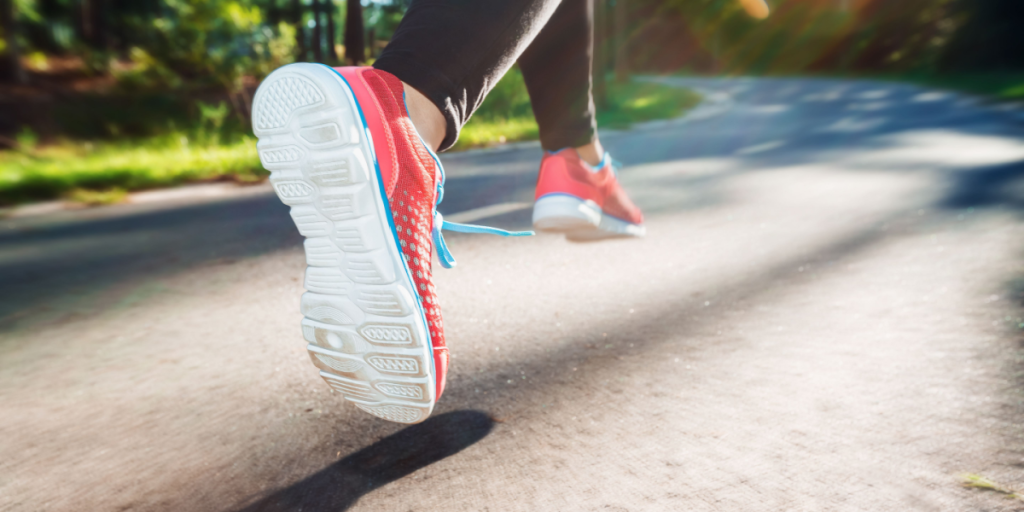
Although exercise isn’t formally recommended as a primary insomnia treatment, many sleep specialists suggest incorporating it.
Paruthi often advises patients to aim for 150 minutes of moderate activity weekly, alongside other proven strategies.
Yoga: Calming Mind and Body
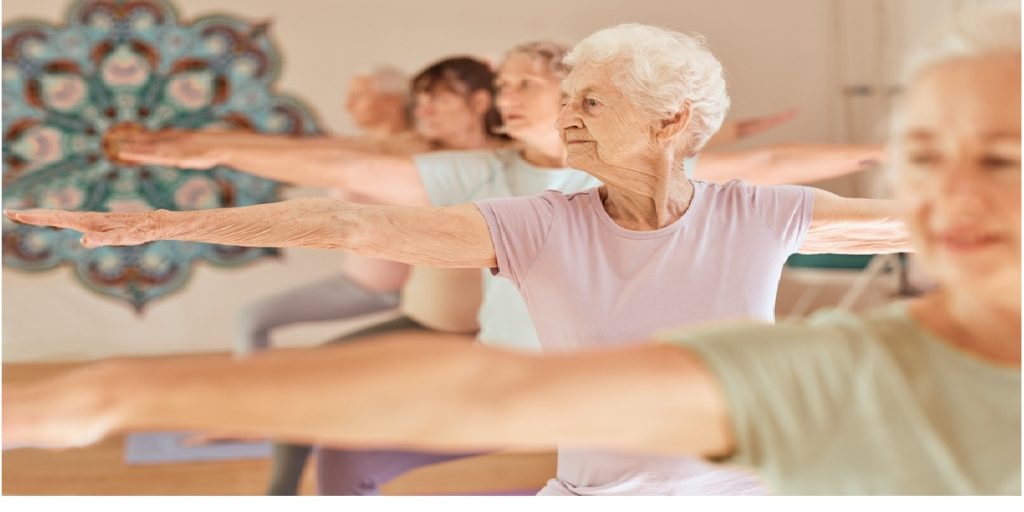
In the reviewed studies, practicing yoga two to six times a week improved sleep by nearly two hours a night and reduced nighttime awakenings.
By promoting deep breathing and mindfulness, yoga helps quiet stress and anxiety, common triggers for insomnia.
Tai Chi: Gentle Movements for Deeper Sleep
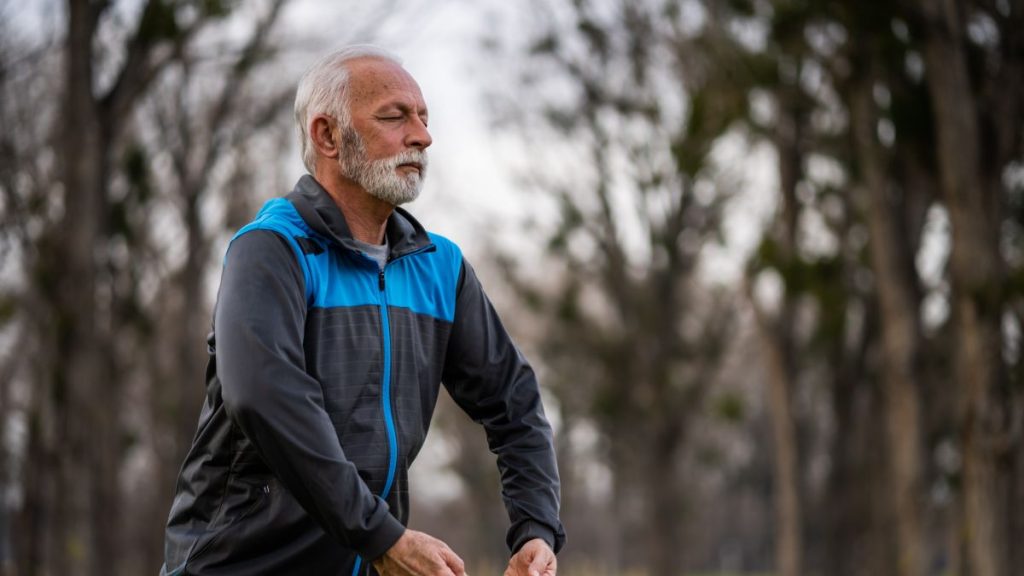
Tai chi, practiced two to three times weekly, boosted sleep by nearly an hour per night and shortened waking periods.
Also read
Its slow, flowing movements combined with deep breathing help relax both body and mind, reducing restlessness.
Walking or Jogging: Simple but Effective
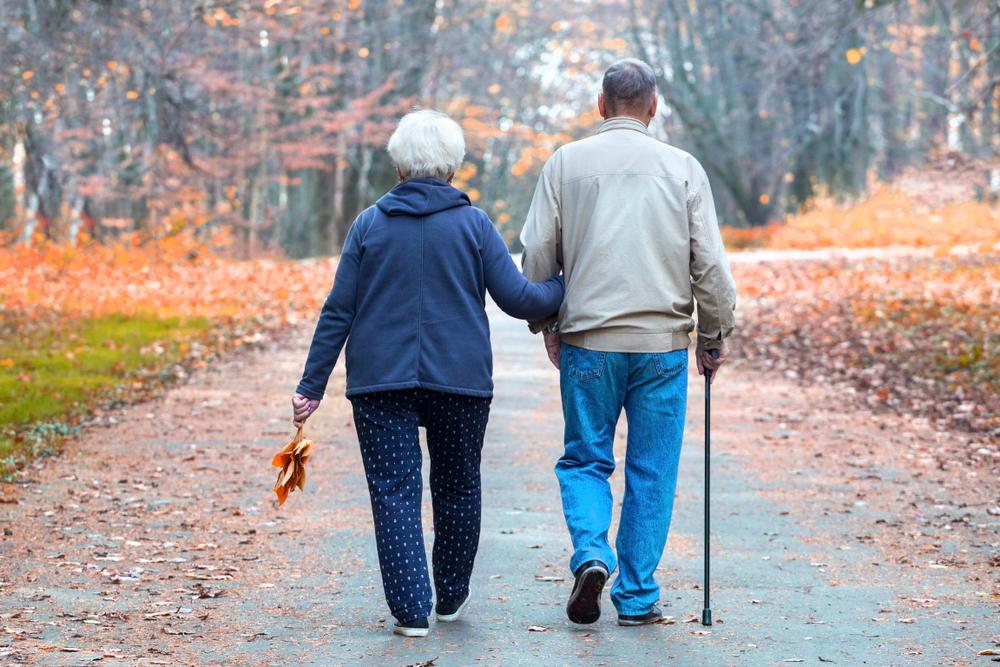
Even basic aerobic activity makes a difference. Walking or jogging three to five times weekly improved insomnia symptoms in several trials.
Benefits include reduced stress hormones, better melatonin production, and deeper, more restorative sleep.
Finding What Works for You
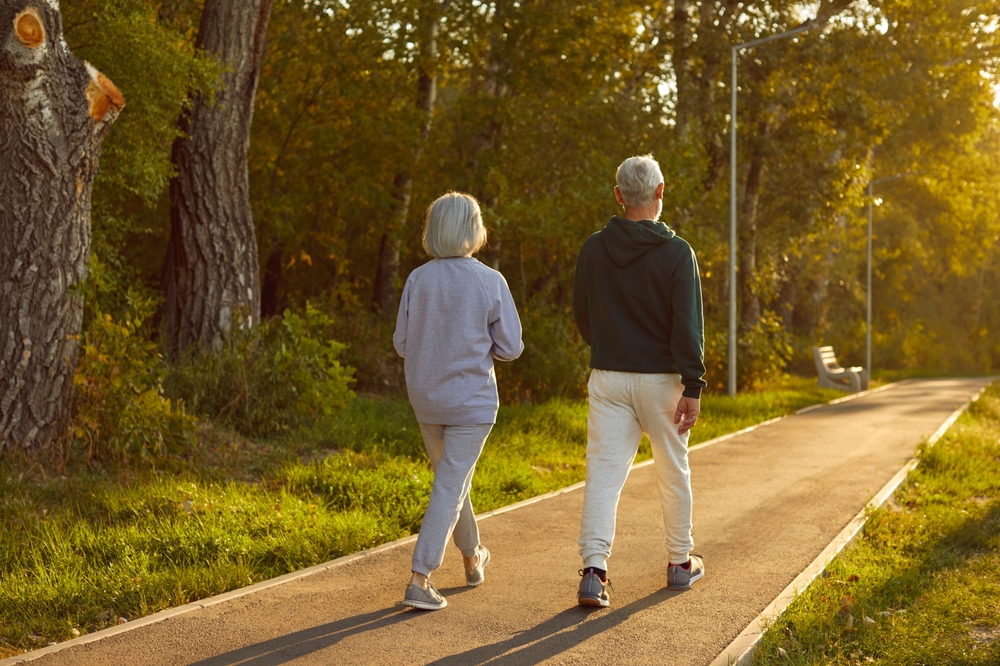
Experts stress that exercise should complement, not replace, other treatments. Start slow, be consistent, and schedule workouts earlier in the day to avoid late-night stimulation.
“The most important thing is to choose something sustainable,” said Paruthi. If insomnia persists, seeking help from a sleep specialist may be the best next step.

